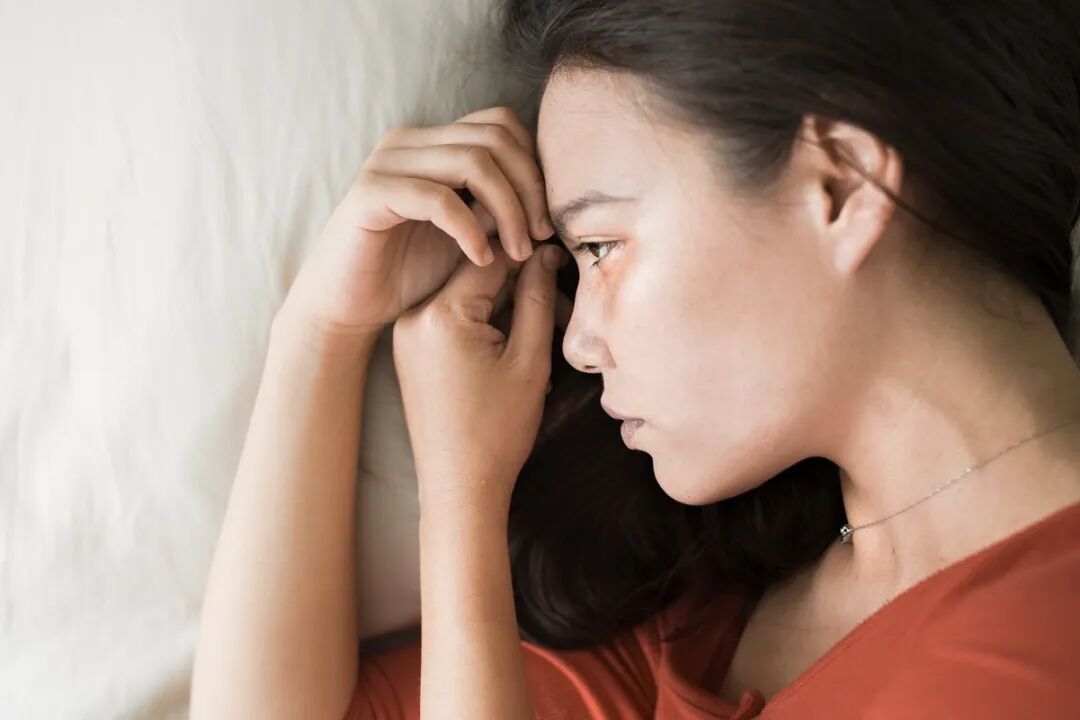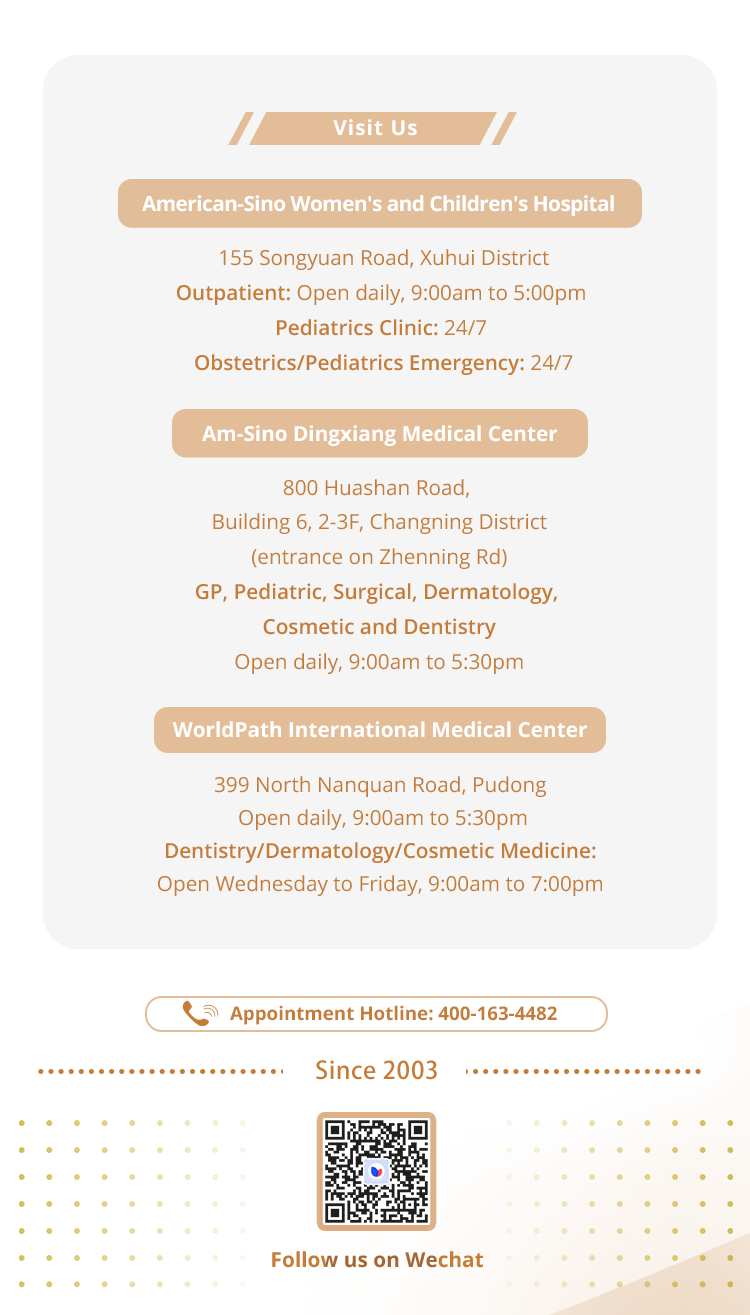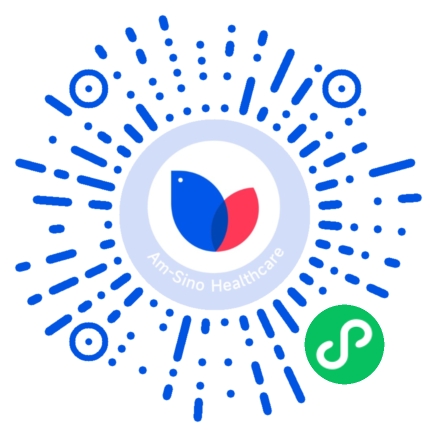The transition into parenthood marks a huge adjustment and change, usually requiring time to settle into the new parental role. It is common to feel overwhelmed during this process, but at times, these emotions can intensify, leading to more unsettling experiences. Specialized care may be necessary as other medical conditions can arise.
Depression and anxiety during pregnancy and the first year (the perinatal period) affects approximately 20% of mothers and 10% of fathers. Formerly known as Postnatal Depression, they are now known as Perinatal Mood or Anxiety Disorders. Also know as PMADs, they are the #1 complication of pregnancy and childbirth, and it is recognised that symptoms often manifest during pregnancy. Treating PMADs early during pregnancy has been shown to reduce the overall effect and longevity of the condition.

Perinatal Mood or Anxiety Disorder is a diagnosable, temporary, and treatable medical condition that does not discriminate. It manifests when symptoms like depression and anxiety persist for two weeks or more, significantly affecting daily functioning.
It is important to distinguish Perinatal Mood or Anxiety Disorder from the transient 'baby blues' which in the first week or two post-birth, as the latter is much more common -affecting around 80% of new parents- and dissipates without treatment.

In addition to Perinatal Mood or Anxiety Disorder, there are other mental health disorders unique to the perinatal/postparum period that are worth being aware of:
Postnatal Psychosis, occurring in a small percentage (approximately 1 to 2 in 1000 women), demands urgent professional support due to the development of altered reality and thought distortions.
Adjustment Disorders, affecting nearly 50% of parents during the parenthood transition, arise from the stress of redefining roles and managing the emotional and physical challenges of being a new parent.
Postpartum Post-Traumatic Stress Disorder may result from a traumatic birth experience, featuring symptoms such as flashbacks, nightmares, and anxiety. While temporary and treatable, professional help may be required if it continues to impact daily functioning.

PMAD Contributing Factors can include:
• Lack of emotional or practical support from family or friends
• Lack of support or understanding from a partner
• Stress related to finances, work, or moving house
• Certain personality types, such as perfectionist tendencies
• Previous personal or family history of mental health issues
• Trauma background
• Recent bereavement
• Age less than 18 years or over 35 years
• Living in a rural or remote location
• Being isolated from family or friends
• Culturally or linguistically diverse, or indigenous backgrounds
Regardless of the cause, treating depression and anxiety is crucial. If you are experiencing these symptoms or notice them in someone close, seeking help promptly is essential.
Feelings to Be Aware Of:
• Feeling overwhelmed and unable to cope
• Persistent sadness
• Constant worrying
• Feeling worthless
• Loss of interest in the baby, partner, or friends
• Difficulty performing daily tasks
• Prolonged anxiety lasting more than two weeks
• Changes in appetite and/or sleep
• Difficulty concentrating
• Loss of interest in sex or intimacy
• Extended periods of irritability and anger
Protective Factors:
Just as the above situations may make individuals more vulnerable to PMADs, there are some known protective factors reducing the likelihood for it:
• Strong support networks
• A positive sense of self
• Good coping and problem-solving skills
• A positive attitude toward life and seeking help
• Access to support
• Early intervention through seeking help

Available Treatments:
Treatment approaches are diverse, tailored to individual recovery needs and timelines. Options may include:
• Individual or group therapy
• Medication (most are compatible with pregnancy and breastfeeding) or evidence-based alternative therapies
• Practical assistance at home or with baby
• Self-awareness and prioritization of personal well-being
• Daily exercise
• Involvement of partners
• Serious cases may require hospitalization.
If you have concerns about your perinatal mental health, or that of your love-one, reach out to your obstetrician, GP or our professional mental health team:













